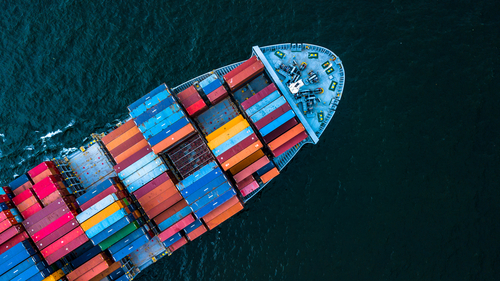
The nine ocean carriers that make up the Digital Container Shipping Association (DCSA) announced earlier this month that they were committing to a standardized electronic bill of lading.
According to DCSA, its members would convert 50 percent of original bills of lading to digital within five years, growing to 100 percent by 2030. The organization said switching to electronic records could save stakeholders $6.5 billion in direct costs, enabling $30-40 billion in annual global trade growth while improving sustainability. DCSA said ocean carriers issue about 45 million bills of lading each year, only 1.2 percent of which are electronic.
“The digitalization of international trade holds vast potential for the world economy by reducing friction and, as trade brings prosperity and the eBL will further enable trade, helping bring millions out of poverty,” Thomas Bagge, CEO of DCSA, said. “This heralds the start of a new era in container shipping as the industry transitions to scaled automation and fully paperless trade. Document digitalization has the power to transform international trade and requires collaboration from all stakeholders. I applaud the leadership of our members in coming together to achieve this important milestone.”
The organization said that paper-based processes are time-consuming, expensive, and environmentally unsustainable along complex supply chains. Additionally, paper-based processes break down when cargo is in a port where original bills of lading, or title documents, fail to arrive or cannot be processed in time, delaying cargo from leaving. In contrast, DCSA said, digital processes allow for instant data flow that is secure, reducing delays and waste.
“I am delighted that carriers are taking this big step towards paperless trade,” Soren Toft, CEO, MSC of Mediterranean Shipping Company, said. “Our industry needs to accelerate digitalization to help make shipping more efficient, more secure, and a better experience for our customers. On top of these benefits, moving to 100% eBL will contribute towards our climate goals, as we move towards net zero 2050.”